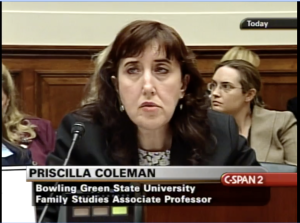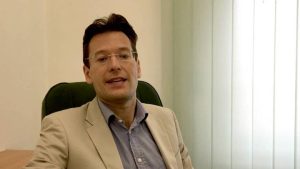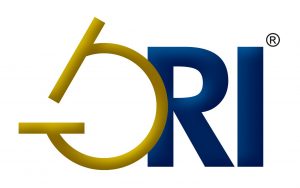The author of an article on unwanted pregnancies that has received an expression of concern for reasons that remain unclear says she has hired lawyers to defend herself against “defamation.”
Priscilla K. Coleman, a professor of human development and family studies at Bowling Green State University in Ohio – whose controversial work on the link between abortion and mental health problems has come under scrutiny – told us that she plans “to actively pursue all options available including legal avenues to rectify the situation” after Frontiers in Social Health Psychology slapped the EoC on her 2022 article.
The paper in question was titled “The Turnaway Study: A case of self-correction in science upended by political motivation and unvetted findings.” The Turnaway Study is an ongoing look by researchers at the University of California, San Francisco at the effects on women – including the physical, emotional, and economic toll – of carrying unwanted pregnancies. The main finding, according to its site, “is that receiving an abortion does not harm the health and wellbeing of women, but in fact, being denied an abortion results in worse financial, health and family outcomes.”
The abstract for Coleman’s review reads, in part:
Continue reading Author critical of study involving abortion hires lawyers after journal flags paper








